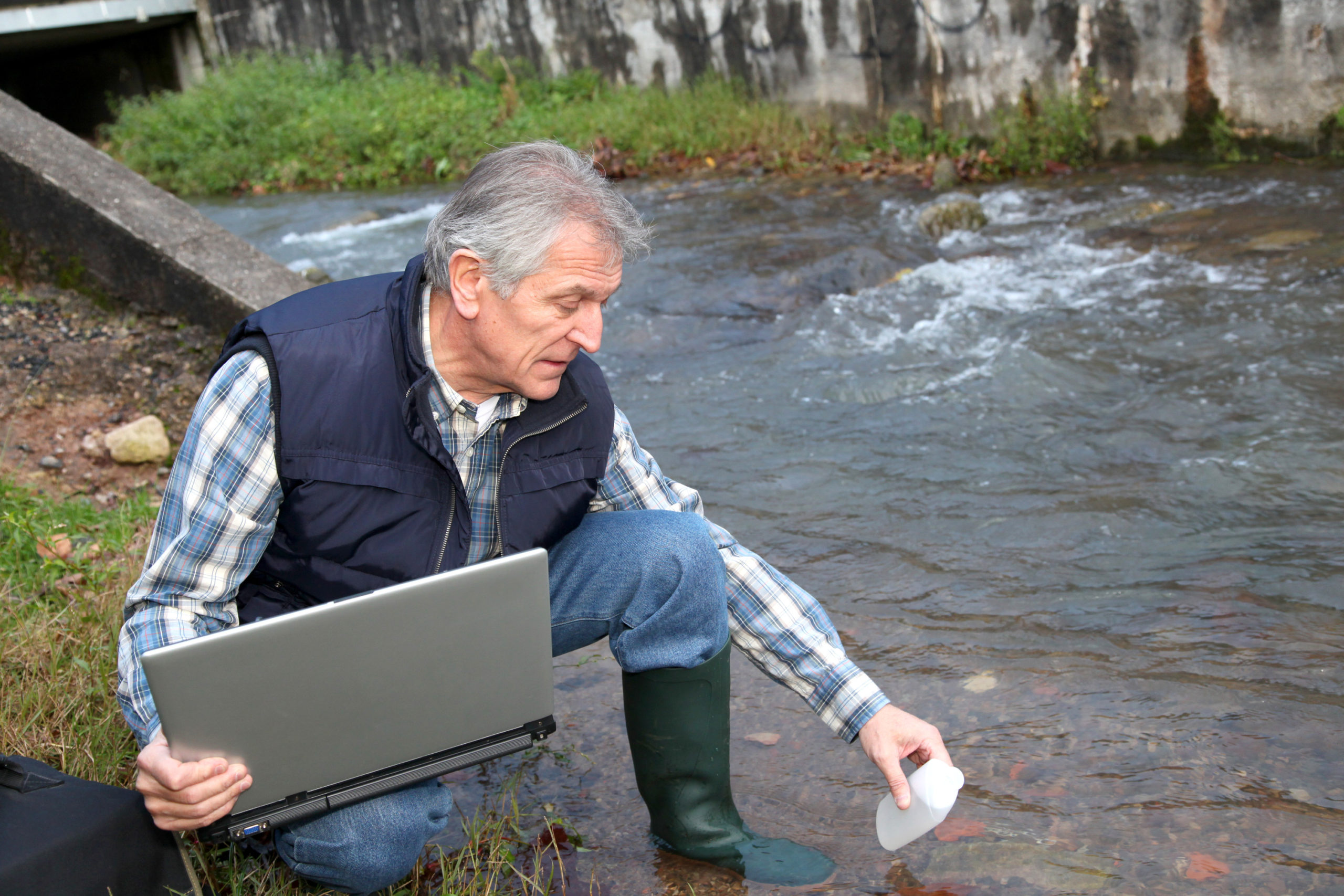
Hydrologist or Hydrobiologist
A hydrologist is a scientist who monitors our most important natural resource, water; specifically, the movement, distribution, quality of water, and its relationship with the environment. Hydrologists also prepare written reports and presentations of their findings. Jobs are often in federal or state government, engineering, and consulting services. Hydrologists may be involved in field investigations, sometimes in rugged terrain, and/or office work.
Water is critical for our planet and people to be healthy. This is an important career for our environment.
Hydrologists can specialize in a selected water source or aspect of the water cycle, such as evaporation from surface water. Surface water comes from the nearest river, lake or reservoir. Ground water is pumped from beneath the earth’s surface and is less vulnerable to pollution. In addition, precipitation, like rain or snow, can impact water levels and river flows. A Hydrologists will typically work within a specific type of water source to solve the challenges in protecting and using that water.
A master’s degree is recommended for a research and hydrologist position. A Ph.D. can lead to high level research and academic careers. A hydrologist must also be proficient in statistics, geology, physics, chemistry, and biology. Knowledge of public finance, environmental law, and government policy will also help in effectively communicating the effects of business practices on hydrology.
The American Institute of Hydrology is a nationwide organization that certifies the competence and ethical conduct of hydrology professionals. The AIH site provides information on certification, news and events, as well as education and career options. Such certification requirements vary.
Comments are closed.
